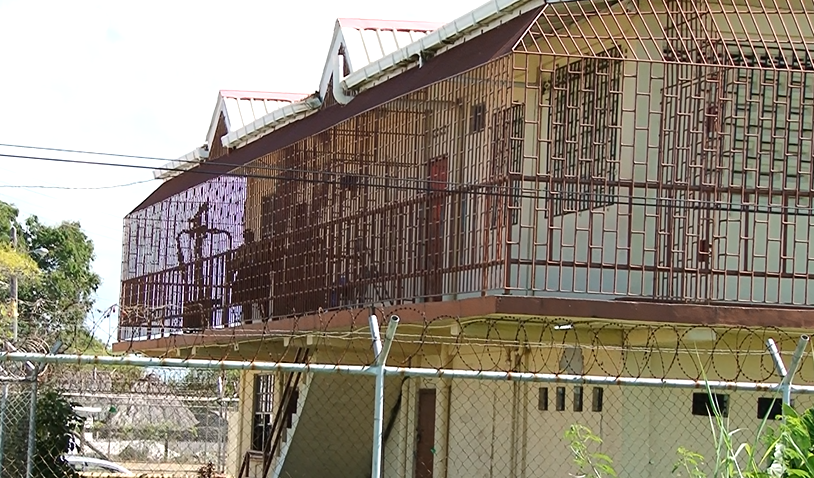The Rights of the Child Commission (RCC) has reported that about 90 percent of children at holding centres across the country are denied their right to legal representative. As such, the Commission has embarked on a programme to remedy that situation.
RCC in partnership with the Guyana Legal Aid Clinic has provided legal representation and advice to about 250 children at the Sophia Juvenile Holding Centre since December 2015.
Chief Executive Officer of the Commission, Amar Panday during a press conference today explained that the initiative began after it was discovered that majority of the juvenile delinquents were denied their right to legal representation.
“We diagnosed a most flagrant breach, that is, children residents at holding centres awaiting trial at the courts of Guyana were denied their access to Article 40 of Child Rights Convention, that is the access to legal representation,” he stated.
Panday said they have engaged stakeholders including lawmen and persons at the ministerial level in order to raise awareness of this infringement.
The collaboration with the legal aid clinic is another aspect of the initiative to remedy the situation.
However when the funding from the United Nations Children’s Fund (UNICEF) runs out, many children in detention may be unable to afford legal representation but Panday has made several proposals to the Minister of Public Security Khemraj Ramjattan to ensure that does not happen.
“We proposed the establishment of a public defenders’ office whose mandate would be to provide legal representation to the children of Guyana and to other vulnerable segments of society,” he explained, noting that Ramjattan welcomed the idea.
Another proposal made was for State funding to the provided to Legal Aid Council in order for the organization to continue providing the service.
It was disclosed that majority of the young people are incarcerated for wandering and capital offences.
Panday stressed that there is an urgent need for reform whereby persons are not criminalized for wandering and for the holding centres to adapt more reforming rather than punitive approaches in the curriculum.
Panday said the draft Juvenile Justice Bill proposes the abolition of the charge of wandering – which he believes is an obnoxious charge.
“So a child who is the victim of an abusive and a neglectful home which is what the charge of wandering usually is will not be criminalized or incarcerated,” he stated.
Panday also noted that the Juvenile Justice Bill addresses several primitive approaches in the juvenile correctional facilities and he questioned the delay in this document reaching the parliament.
Meanwhile, the Managing Attorney of the Legal Aid Clinic, Shellon Boyce noted with much concern that offences allegedly committed by young people are becoming more rampant.













